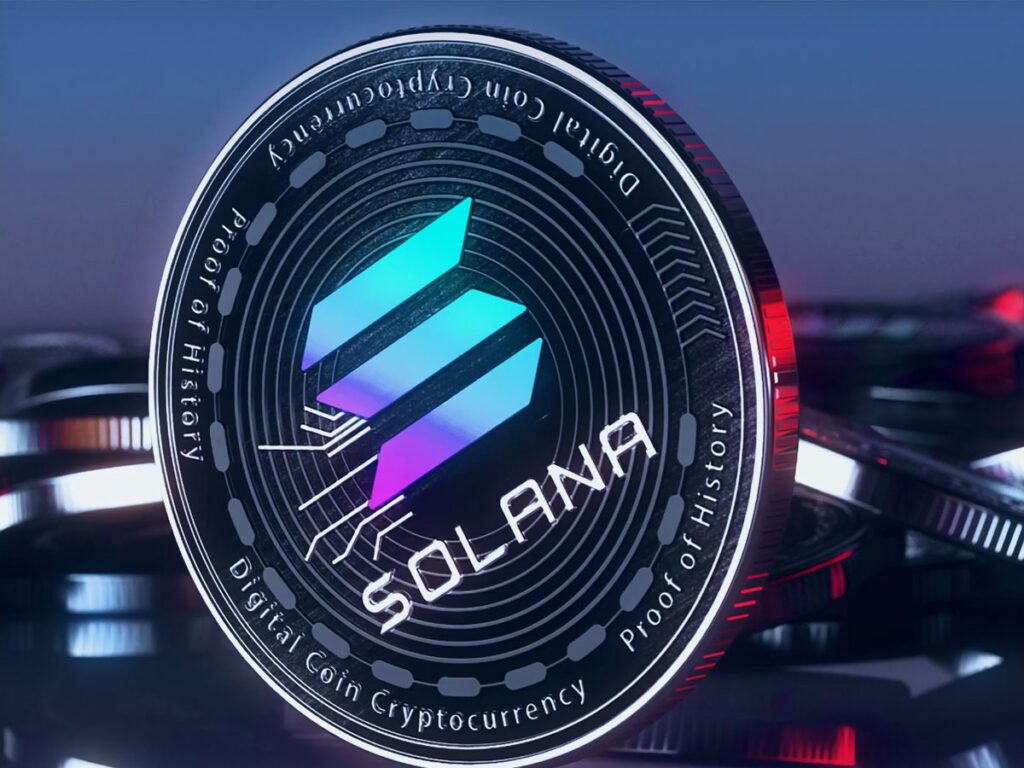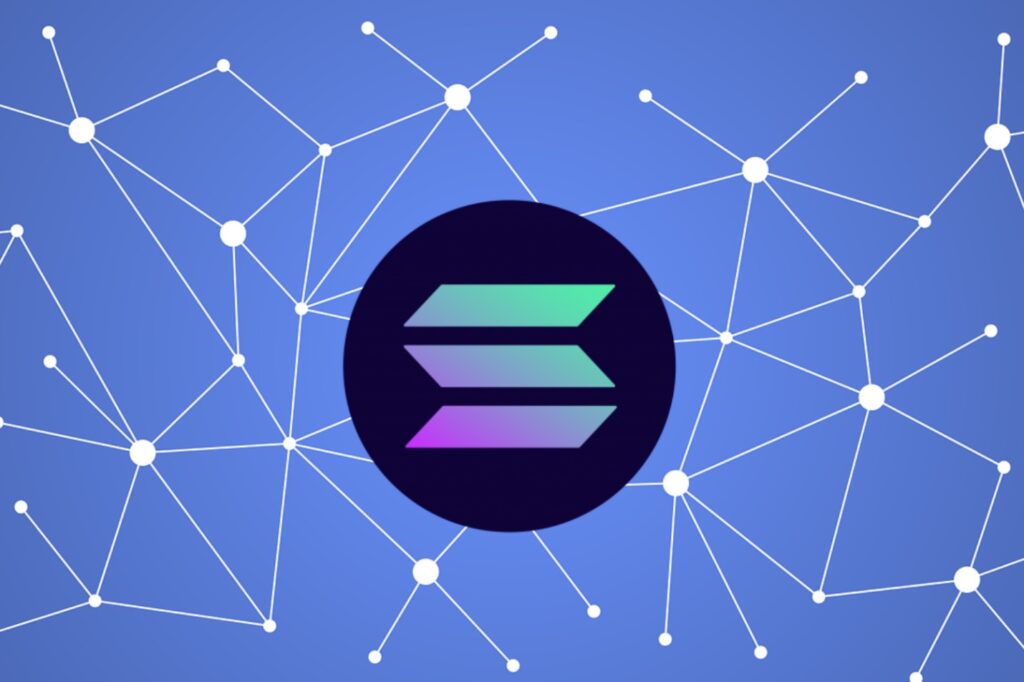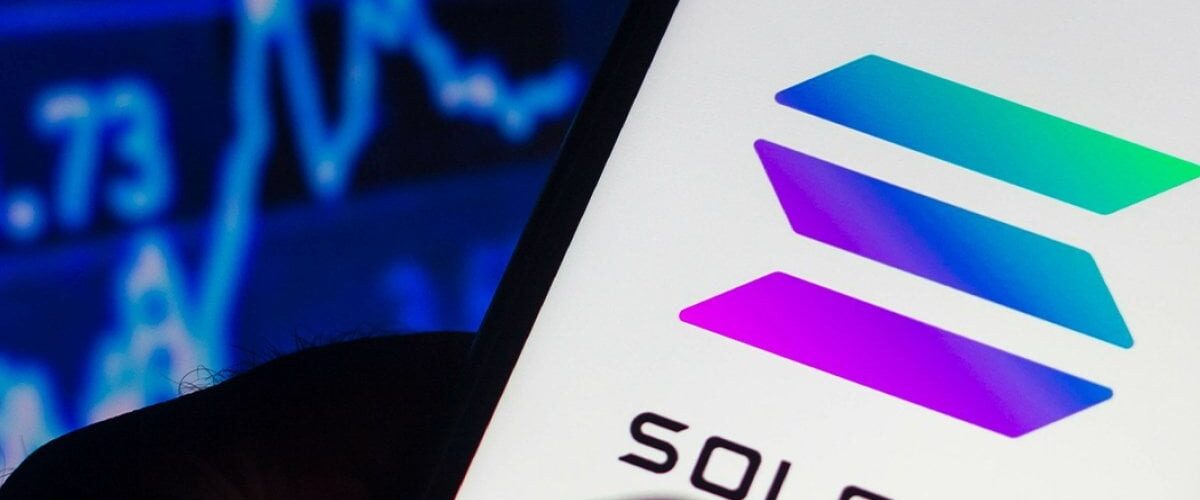Solana, a high-performance blockchain platform, has recently faced significant network congestion due to increased user activity and a meme coin trading frenzy. In March 2024, transactional volumes on Solana surged to an unprecedented $4 billion per day, compared to the usual figures of under $500 million. This surge in demand strained the network, leading to delays and failed transactions.
To address this critical issue, Solana developers released version 1.17.31, a crucial update aimed at alleviating congestion. Mainnet validators are encouraged to adopt this version promptly. Additionally, the Solana team is actively testing version 1.18 on a network mimicking the main blockchain, signaling their commitment to maintaining a robust and efficient ecosystem.
Network Congestion
Network congestion occurs when a network node or link is carrying more data than it can handle, resulting in reduced quality of service. This phenomenon affects both data networking and queueing theory. The typical effects of network congestion include queueing delay, packet loss, and the blocking of new connections.
When a network node or link becomes congested, packets waiting to be processed form queues. The longer a packet waits in the queue, the higher the delay experienced by users. Congestion can lead to dropped packets. When the network is overwhelmed, it may discard packets to prevent further congestion. This loss affects data integrity and reliability. Congestion prevents new connections from being established. Users attempting to connect may experience timeouts or rejection due to resource limitations.
Congestive collapse (or congestion collapse) occurs when congestion severely limits useful communication. It typically happens at choke points in the network, where incoming traffic surpasses available outgoing bandwidth. Common choke points include connection points between local area networks (LANs) and wide area networks (WANs). During congestive collapse, the network settles into a stable state with high traffic demand but minimal useful throughput. In this state, packet delays, losses, and extremely poor quality of service prevail.

Version 1.17.31 Update
The Solana Version 1.17.31 Update was a crucial release aimed at addressing persistent network congestion on the Solana blockchain. Released on April 12, this update underwent rigorous testing and was recommended for general use by mainnet beta validators.
Solana, known for its high-performance blockchain platform, faced significant network congestion due to increased user activity and a meme coin trading frenzy. Transactional volumes surged to an unprecedented $4 billion per day in March 2024, compared to the usual figures of under $500 million.
Improved message propagation reduced reliance on pull requests, leading to resource usage reduction by consensus validators.
Asynchronous creation of TPU client connections minimized transaction latency.
The –use-snapshot-archives-at-startup flag allowed validators to choose between local snapshots and existing local state, improving startup times.
The groundwork for broadcasting shreds and repair over QUIC was laid, enhancing network resiliency.
Version 1.17 has been running on the testnet since October 2023, handling public transactions and undergoing stress tests. Solana Labs operates canary nodes on mainnet-beta, including those running v1.17. These nodes have remained stable for several months. External auditors reviewed v1.17, and volunteer early adopters helped identify and resolve issues. The Solana community remains committed to maintaining a robust and efficient ecosystem.
Next Steps
As Solana continues its commitment to network optimization, the next steps involve rigorous testing and refinement of the upcoming Version 1.18.
Version 1.18 is currently undergoing testing on the Solana testnet. This environment allows developers and validators to simulate real-world scenarios and identify any potential issues.
The team will stress-test the new version by subjecting it to high transaction volumes, complex smart contracts, and various network conditions. This ensures robustness and stability.
External auditors will review the codebase to identify vulnerabilities or security risks. Their feedback will guide further refinements.
Once testing and validation are complete, Solana will gradually roll out Version 1.18 to the mainnet. Validators will be encouraged to upgrade their nodes to this latest release. The community will closely monitor the network’s performance, observing improvements in scalability, transaction speed, and overall reliability. Feedback from validators, developers, and users will shape subsequent updates, ensuring Solana remains at the forefront of blockchain innovation.

Conclusion
The release of Version 1.17.31 marks a significant milestone in Solana’s journey toward scalability and improved user experiences. By addressing network congestion head-on, Solana Labs demonstrates its commitment to maintaining a robust blockchain ecosystem. However, this is not the end; it’s a stepping stone toward further enhancements.
Version 1.18 and Beyond As Solana continues to evolve, Version 1.18 is already in the testing phase. Rigorous validation, stress testing, and security audits will ensure its readiness for mainnet deployment. The community eagerly awaits the rollout, anticipating even greater efficiency, reduced latency, and smoother transactions.
User-Centric Innovation Ultimately, Solana’s success lies in its ability to serve users effectively. By tackling congestion and iterating on solutions, Solana Labs exemplifies the spirit of innovation. As the blockchain landscape evolves, Solana remains at the forefront, committed to providing a seamless and efficient experience for all participants .





Add comment